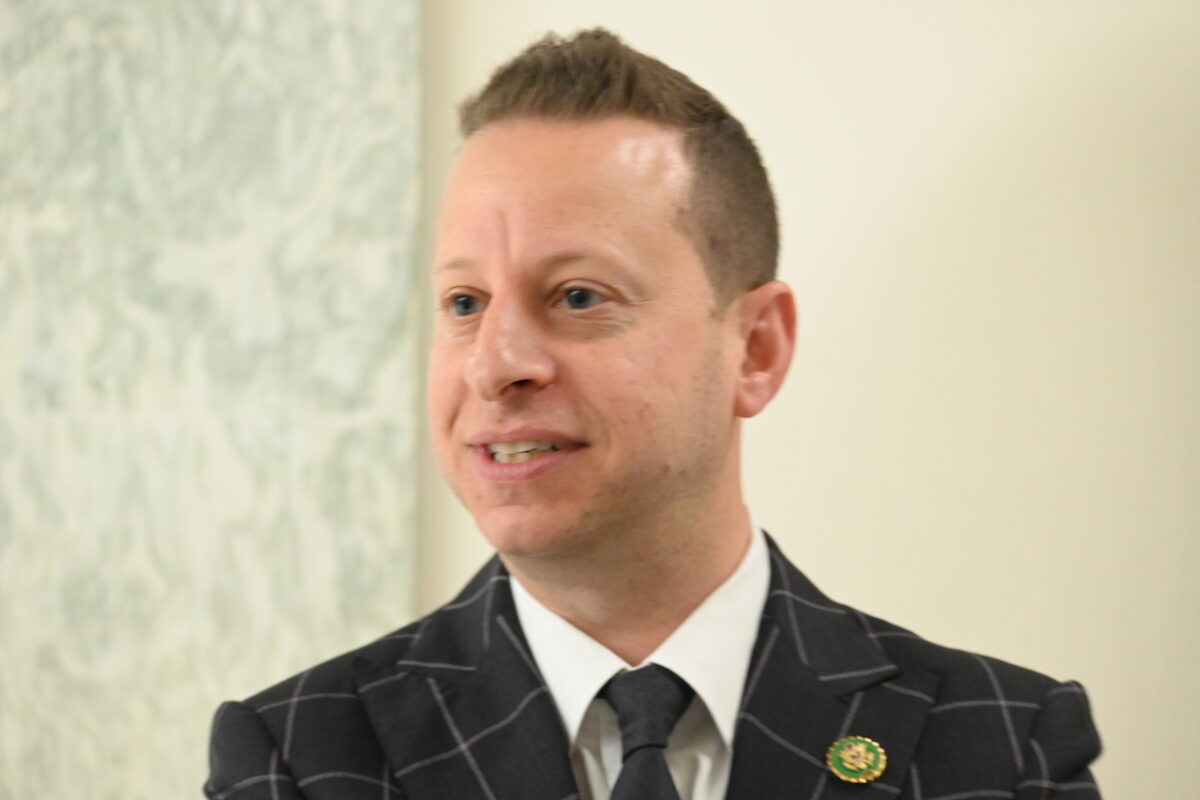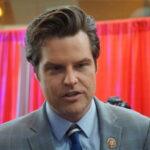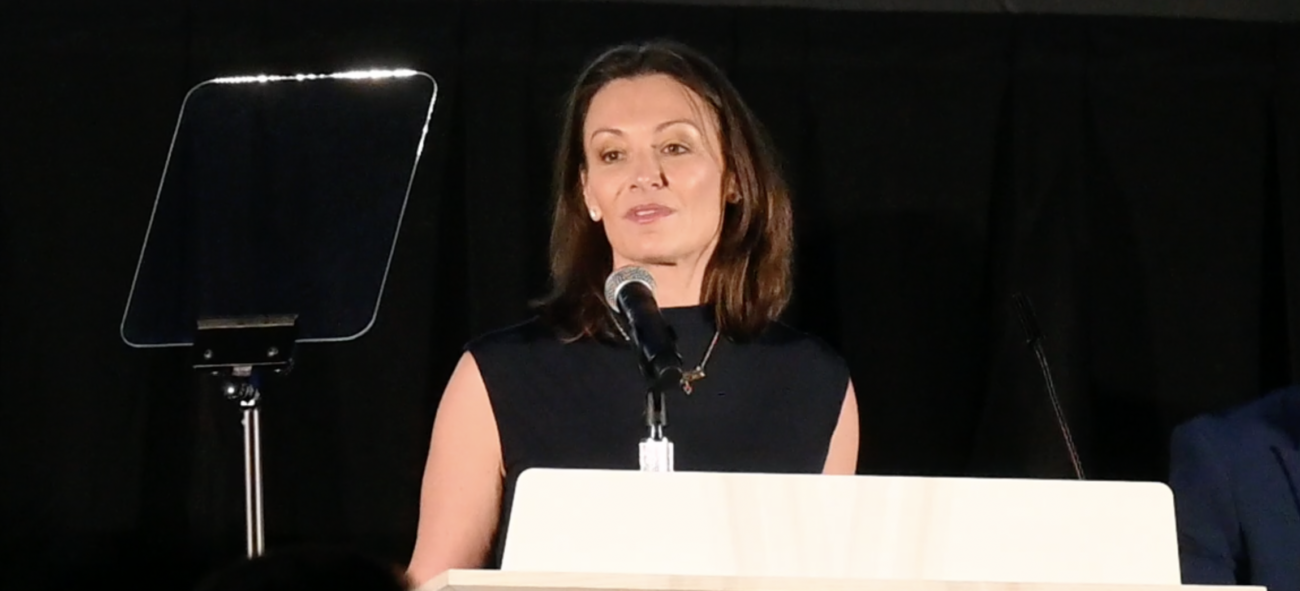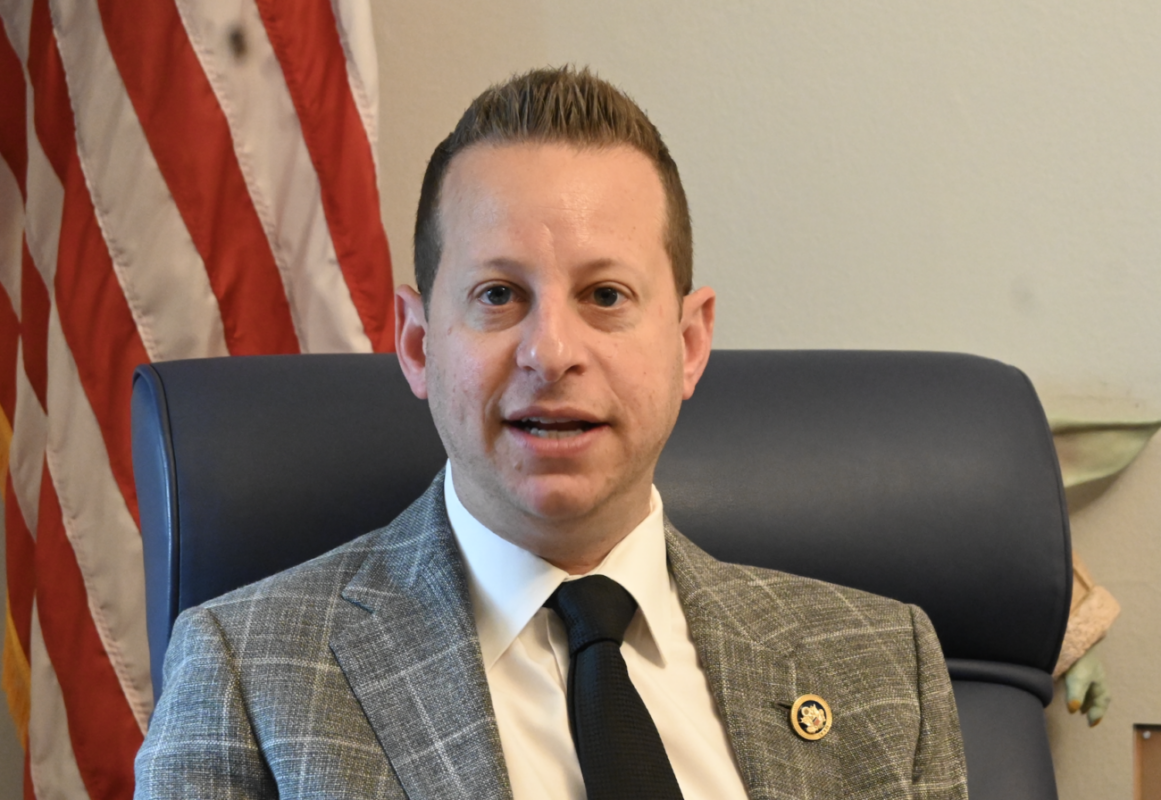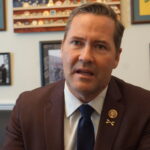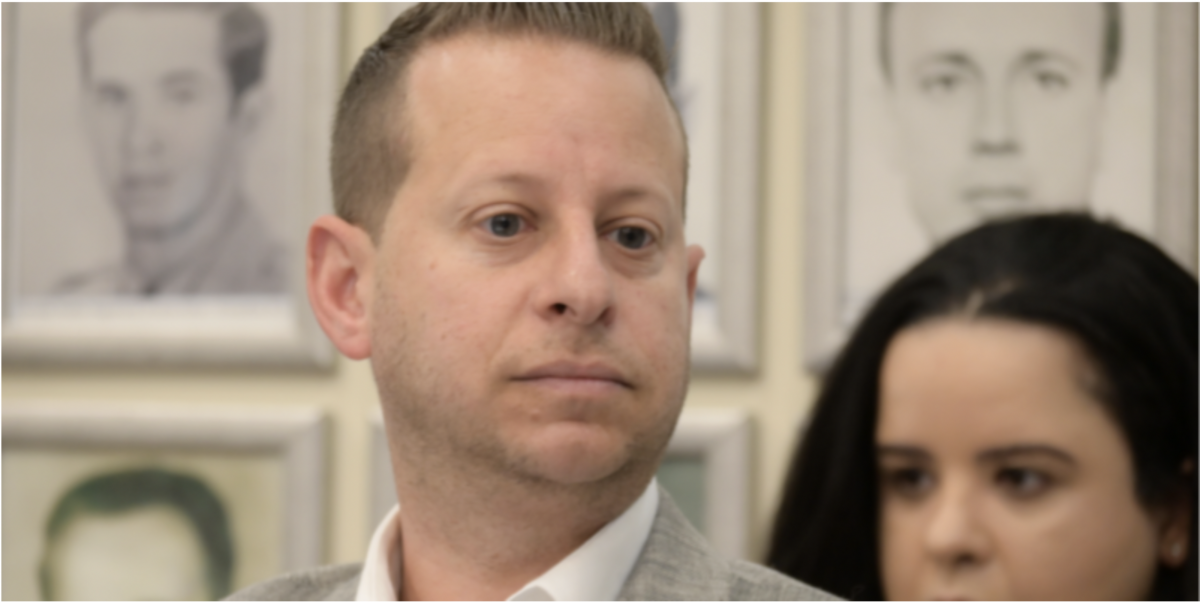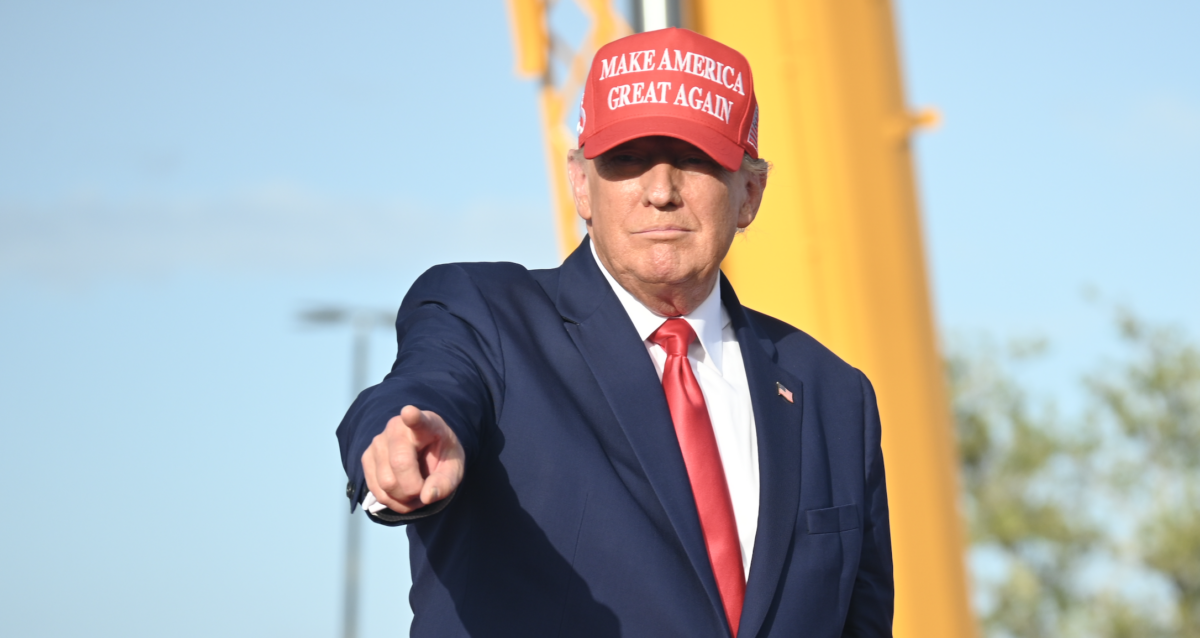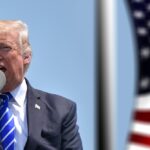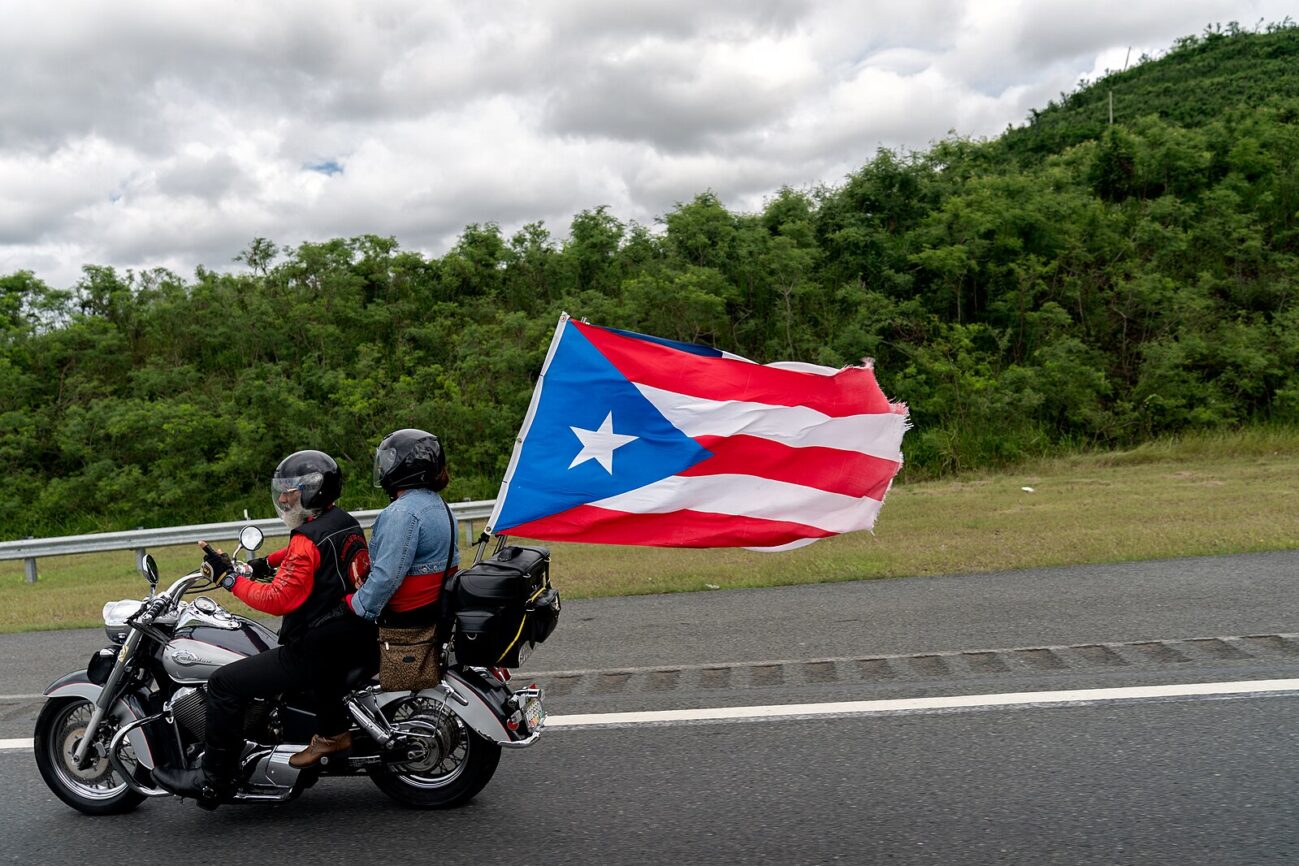If you are a golf fan, you’ve likely heard about the PGA Tour’s ongoing battle with competing circuits like Greg Norman’s newly launched LIV Golf series or the proposed Premier Golf League, both of which have positioned themselves as upstart disruptors to the PGA Tour’s status quo. As anticipated, the PGA Tour has taken a zero-tolerance policy towards pros who have shown interest in competing on rival tours, threatening to fine or even ban players who tee it up in a LIV Golf competition. Whether this stance proves to be effective, or even legal, remains to be seen.
Yet an extremely troubling aspect of the PGA Tour’s hardline stance involves rule changes that would ban any college golfer who competes in a non-sanctioned event – such as a LIV Golf tournament – from future PGA Tour eligibility. Regardless of how the PGA Tour chooses to treat their professional stable of players, any attempt by the Tour to ban college players, all of whom are amateur golfers who have no contractual relationship with the PGA Tour whatsoever, would be an outrageous overreach and a new low for an organization that is supposed to exist to grow and promote the game of golf.
Much ink has already been spilled regarding whether the PGA Tour has the legal standing to prevent its players from competing in rival events. The Tour argues that when players voluntarily become members of their organization, those professionals cede authority to the PGA Tour regarding their tournament eligibility and what events they can play. As alternative, more lucrative playing opportunities like the LIV Golf series have emerged, Tour pros have argued that they should be classified as independent contractors who have the right to play in any tournament they want. This central issue seems destined to be resolved in a courtroom rather than the golf course.
Yet college players are a completely different story. They are not professional athletes, but teenage amateurs who have not signed on the dotted line to join the PGA Tour. Even if a college player does play in a one-off PGA Tour event if they receive a sponsor’s exemption, they must forfeit any prize money they win due to their amateur status, further enforcing that college players have no relationship with, nor do they receive ant benefit from, the PGA Tour until they opt to turn professional and join the Tour.
For the Tour to preemptively ban non-member, non-professional college players is a shocking move from an organization that is essentially funded by taxpayers to provide more, not fewer, opportunities for top college athletes to turn professional and earn money playing golf.
The controversy stems from rule changes to PGA Tour U, a new initiative launched by the Tour in 2020 that it dubbed a “game changer” because it would help create opportunities for college players to “earn pro status for their performance in amateur evens.” Yet the new rule change means that college players could lose their PGA Tour eligibility – possibly for life – if they dare play in a tournament the PGA Tour doesn’t bless.
The message the PGA Tour is now sending to top college golfers is a simple one; We think you are a future star and we can’t wait for you to turn pro – unless of course you play in a tournament we don’t like – in which case we’ll destroy your career before it even begins.
Can you imagine any other organization resorting to such mafia-style intimidation tactics in their recruiting? It would be like a Silicon Valley tech firm telling a top engineering recruit, “We see a bright future for you here at Google, but if we find out you’ve interviewed at Facebook, we’ll make sure you never work in this town again!”
The PGA Tour’s stance is even more bizarre given how college athletics has undergone a seismic change in the last several years. Newly passed Name, Image, Likeness (NIL) laws now allow amateur athletes to profit from the value they create on the playing field, a shift that has rightfully transferred massive amounts of power and influence to today’s college athletes. I’m curious how lawmakers, who passed laws to ensure that student athletes are fairly compensated for their athletic talents, will feel about a tax-exempt pro golf tour trying to ban college kids for simply playing in another golf tournament?
This week, the nation’s top college golfers will gather in Arizona for the 2022 NCAA Division I National Championships. With a little luck, some of those kids might realize their dreams of becoming pro golfers and household names in the near future. That is, of course, unless they play in the wrong tournament in the eyes of the PGA Tour, which has made it clear that they are the gatekeepers to professional golf, and have the power to make or break the careers of college players before they’ve even started.



